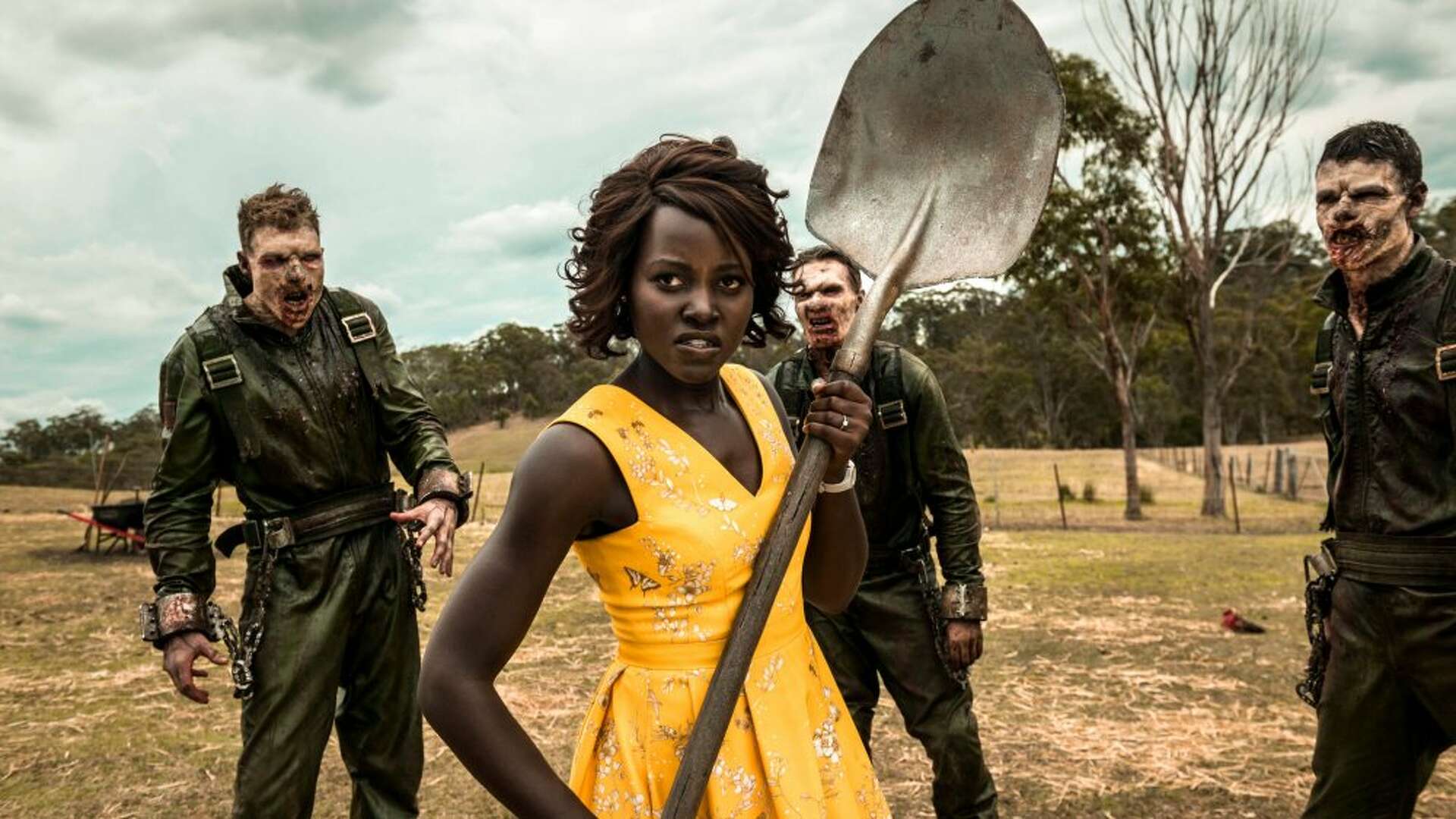
Why "28 Years Later" Has Me Foaming at the Mouth (With Hope)
There’s something truly immortal about the zombie genre. No matter how many times critics pronounce it dead, it just won’t stay buried—and thank the undead gods for that. With the upcoming release of 28 Years Later , I feel like a Victorian widow watching her long-lost love rise from the grave: shocked, thrilled, and already crying in anticipation. As a lifelong devotee of zombie apocalypse media, I’ve been around long enough to see the genre at its best and its absolute worst—and still, I can’t look away.
Also Read:- Gage Wood’s No-Hitter Shakes the College World Series Stage
- Boca Juniors and Benfica Collide in Historic Club World Cup Clash
From classics like White Zombie (1932) to arthouse horrors like Ravenous , and genre-defining epics like The Walking Dead (which really should’ve been humanely put down after season five), I’ve devoured them all like, well, a zombie at a dinner party. But nothing quite hits like Danny Boyle’s rage-infused vision from 28 Days Later and its sequel 28 Weeks Later 28 Years Later has me vibrating with nervous excitement.
But here's the thing: I’m not delusional. I know the zombie genre has its flaws. It’s often a victim of cheap production, uninspired scripts, and laughably wooden acting. And don’t get me started on the tired tropes—the brooding anti-hero who loses their soul, the monologue about hope, the final sacrifice for the “greater good.” Still, when a zombie film is good, when it works , it reminds us what horror can do: reveal the deepest fears gnawing at the roots of our humanity.
What is it about zombies that gets under our skin? They’re more than monsters. They’re metaphors—walking, groaning reminders of what we could become if we lose what makes us human: our soul, our mind, our capacity for empathy. They reflect societal collapse, moral decay, and the fragile threads holding civilization together. And when they’re used well, they don’t just entertain; they provoke thought. They ask us: “What would you become when the world ends?”
Some films go over the top and fall flat ( Undead , I’m glaring at you and your bizarre alien subplot). Others—like It Comes at Night —use minimalism to craft genuine dread. But the best entries in the genre either subvert it with intention or lean all the way in and do it better than anyone else. That’s the sweet spot I’m hoping 28 Years Later finds. Because in the vast, often bleak wasteland of zombie cinema, we occasionally stumble upon a masterpiece that lingers long after the credits roll.
So yes, I’ll be first in line at the cinema. I’ll probably drag my friends there too, and bore them afterward with an hour-long debrief on cinematic technique, thematic resonance, and why this franchise still matters. And if it’s bad? Well, I’ll rant about it for weeks, write a dozen think pieces, and wait for the next resurrection. Because like the zombies I love, I just can’t let this genre die.
And maybe, just maybe, 28 Years Later will remind us why we ever cared about the undead in the first place.
Read More:



0 Comments